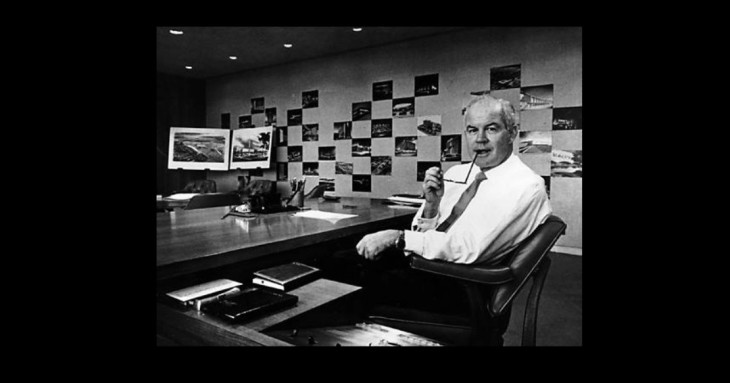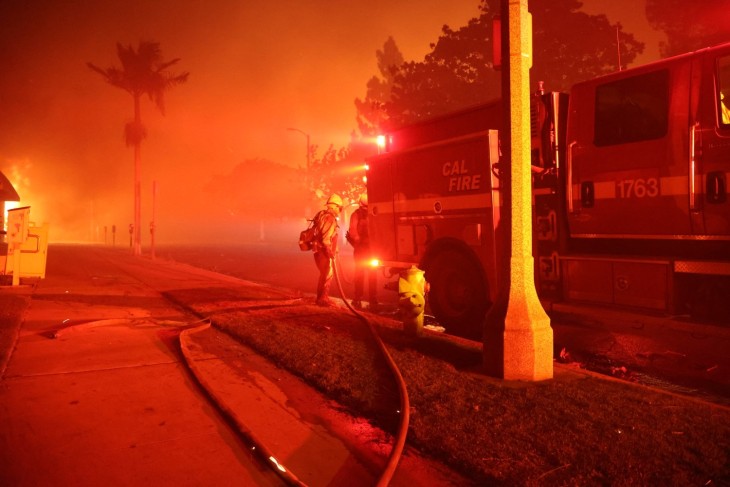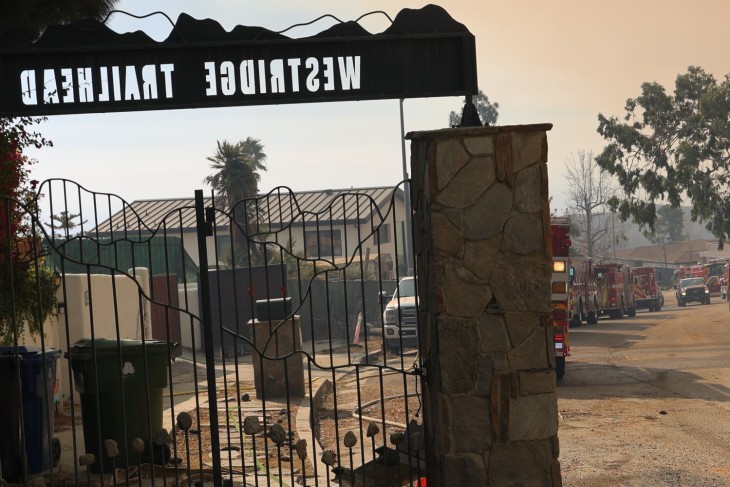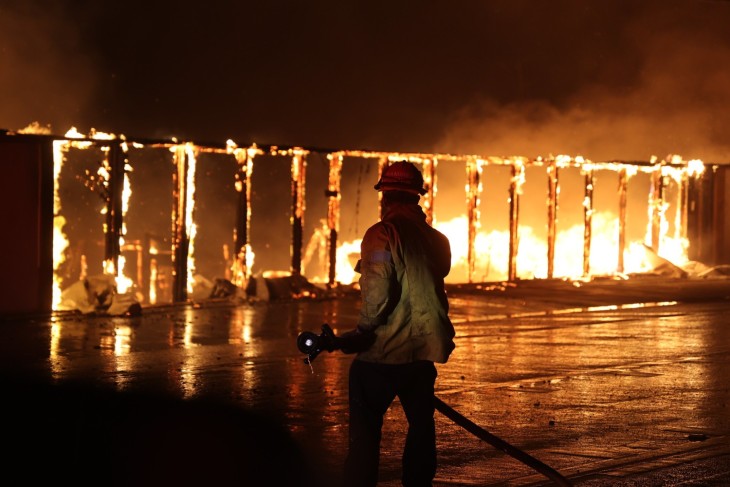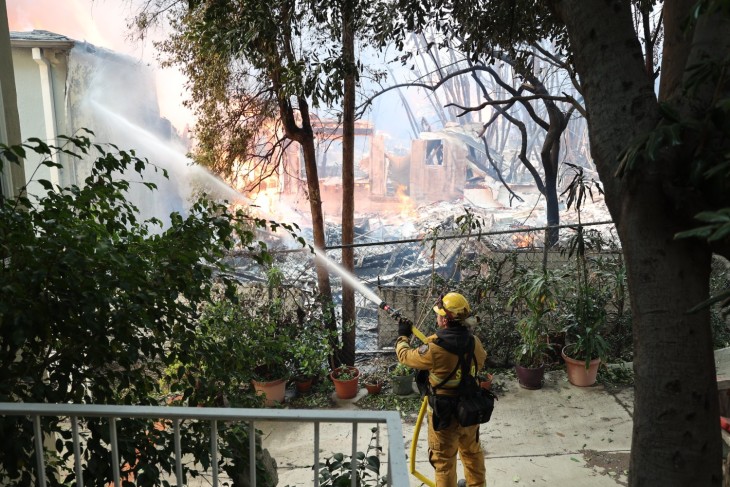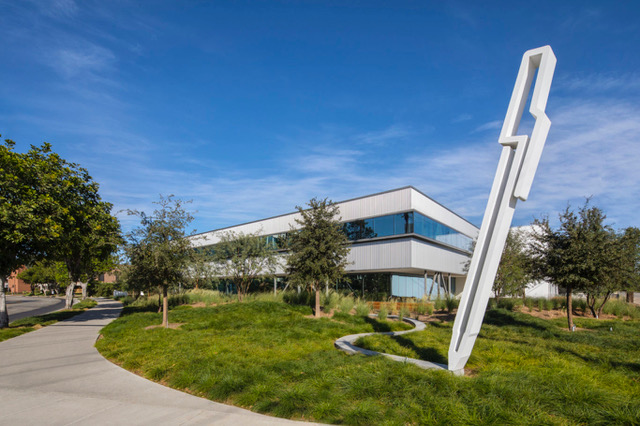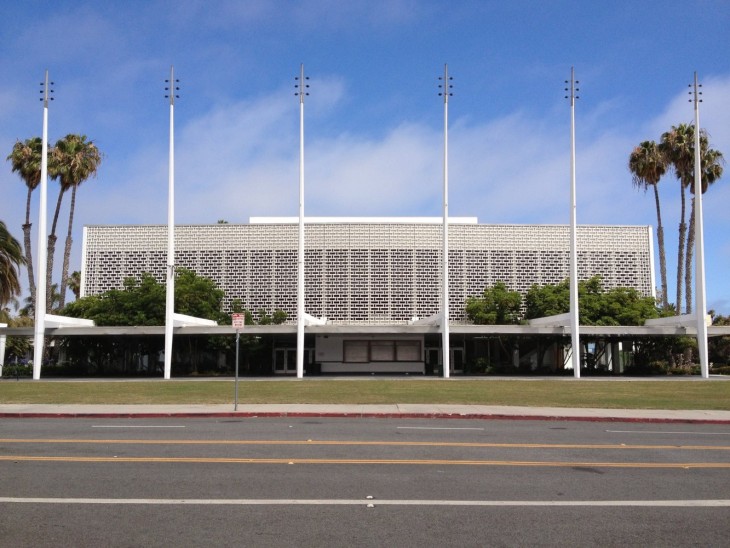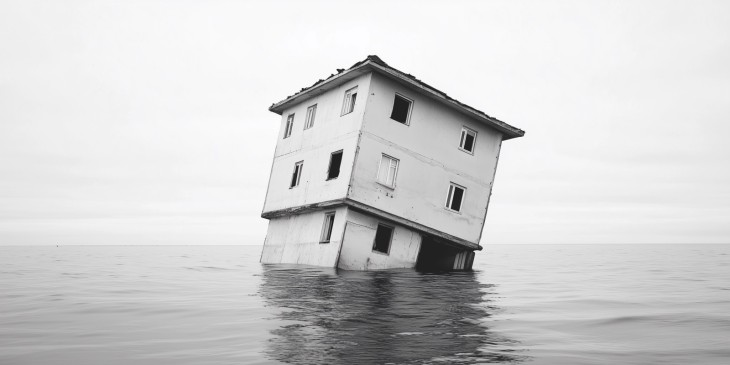My most recent column, in which I expressed some level of surprise in the fact that Santa Monica currently does not set or enforce any limit on the number of cats that you can keep in your home, produced a number of pointed responses. Because I noted that I tend to prefer dogs over cats, several of those reacting assumed I didn’t like cats; that maybe I was against cats, and one person hypothesized that my attitude might even be contributing to the death of cats.
I am not currently contributing to cat deaths. Maybe in the widest view one could argue that, since our household has yet to adopt a cat, we are therefore not contributing directly to the rescue of one cat. But if we’re going to use that wider perspective, perhaps the second part of this dialogue regarding my kindness or lack of it toward cats should really be a look at what any of us are doing about all animals surviving alongside humankind in the 21st century.
When the crisis of refugees fleeing Syria came into focus recently, we were all reminded of a simple fact: This entire planet is our shared home. Politicians can talk about walls and enforcing borders, but for some time now the more rational reality has been that we’re all sharing a too precarious existence on a tiny ball of mud floating in space. The citizens of Earth are more divided by economic stratification than by any physical barriers, although that doesn’t mean there isn’t loss of life in trying to cross a body of water in a raft as people risk everything for a chance at a better life. But, what is acknowledging and reacting to global warming if not the acceptance of the fact that the days of hiding behind borders and countries are over?
If you’re with me this far, then how are the united citizens of Earth doing these days in regard all the animal species we share our home with? Not to get anybody riled-up about cats again, but… it’s certainly true that we do more collectively for some species than others. In caring for and sheltering domesticated animals in our homes and facilities, we not only freely give our love but our resources. We’re considerably slower on the draw when it comes to shutting down circus-like tourist attractions in which large sea mammals are kept prisoner for the singular purpose of entertaining us on hot summer days while we eat hot dogs.
There was a hue and cry when it was recently revealed that a dentist paid money so that he could shoot a lion that later turned-out to be a kind of mascot for lions. You can go online right this minute and find a touching story with music underneath it about a man who rescued an abandoned baby deer that had a broken leg. He nursed the deer back to health and then, if the video is to be believed, the deer was reunited with its mother. And then, I guess, deer hunting season begins.
Now right here is something I find profoundly fascinating about our relationship to animals. We seem to simultaneously be in thrall with the small picture of caring and love for injured critters, especially baby ones, and then not as motivated to deal with the big picture dimensions of our overall sustained relationship to a species. We free one whale from fishing nets, but we fail to stop the Navy from testing sonar that so seriously disrupts whale environments it can cause them to beach. We make videos of baby ducks, but we’re not that enraged that oil spills can kill waterfowl for years. Because, you know, we’ve got to have that oil. And then, there’s this thing about eating animals.
Spend some serious time around cows and turkeys you’ll get a distinct feeling that we are probably providing them with a full life cycle even when they are ultimately ending up on our dinner tables. But that’s not the same as denigrating veganism; in fact it doesn’t necessarily bear on a personal choice to eat vegan even though visiting a cattle meat processing facility will likely get you to swear off beef. What appears to be consistently and significantly true about utilizing meat as a source of protein and nutrition is that there are better and less wasteful vegan means to realize the same goal. But as with our sustained appetite for oil, we prefer not to change our ways.
The amount of fuel energy wasted in processing animals into meat is tragically laughable. As far as byproducts, let’s just give pork a quick shout out and note that each year the raising of pigs produces an unfathomable amount of waste runoff. In 2011, an Illinois hog farm spilled 200,000 gallons of manure into a creek, killing over 110,000 fish. That’s just one incident, and then you have the World Health Organization’s recent pronouncements on meat and cancer to deal with.
So it’s great to have pets, but that behavior is barely a fraction of the larger matrix of humankind’s relationship to those that were here before us. As one agitated reader pointed out to me in a reply, cats and dogs are animals “just as we used to be.”Just because we’re the species that figured out how to use tools doesn’t mean we must use those tools against all other species.






